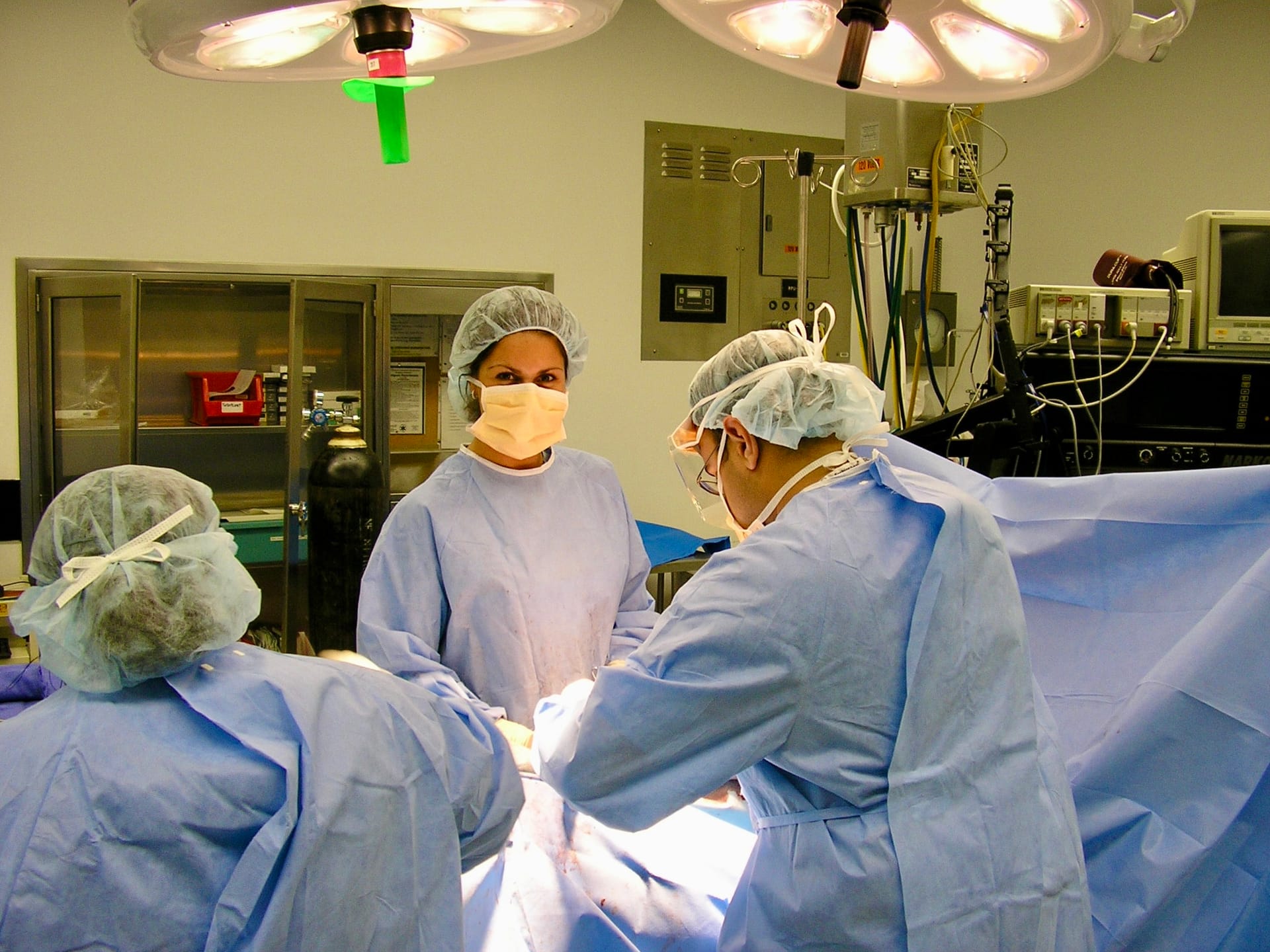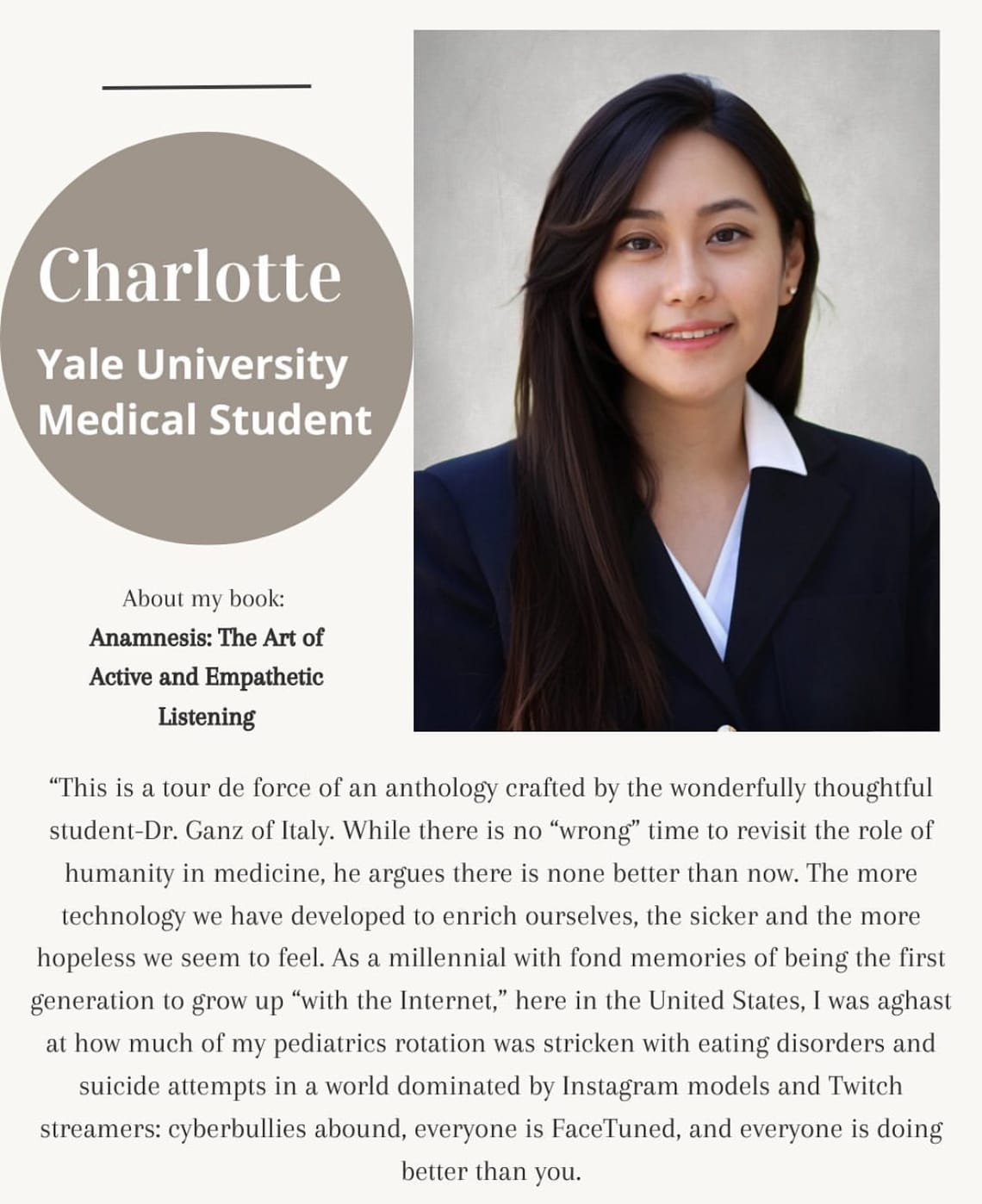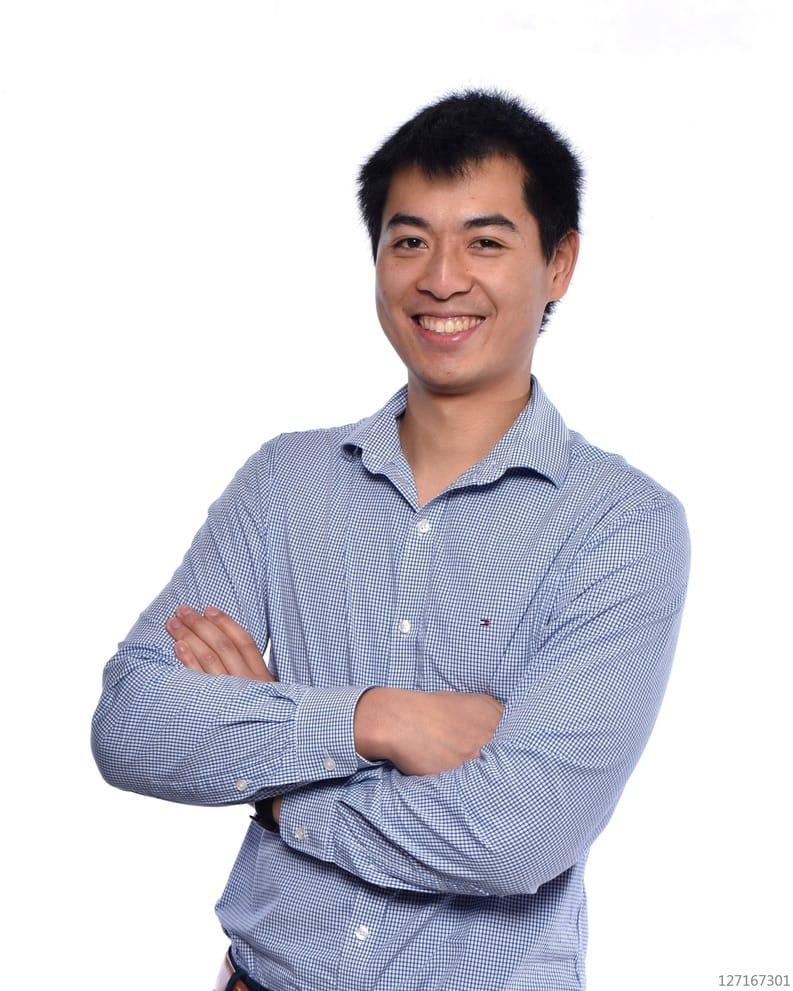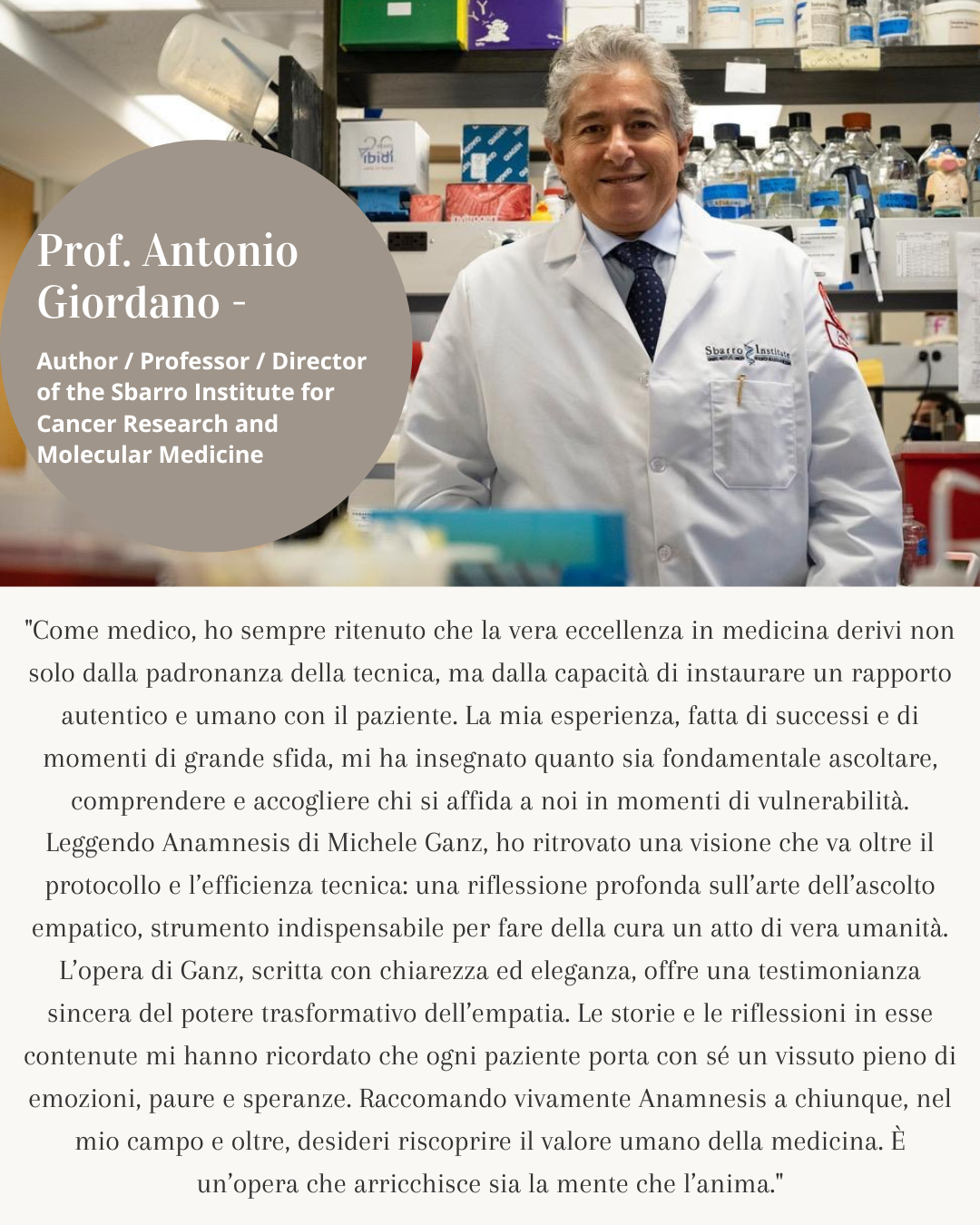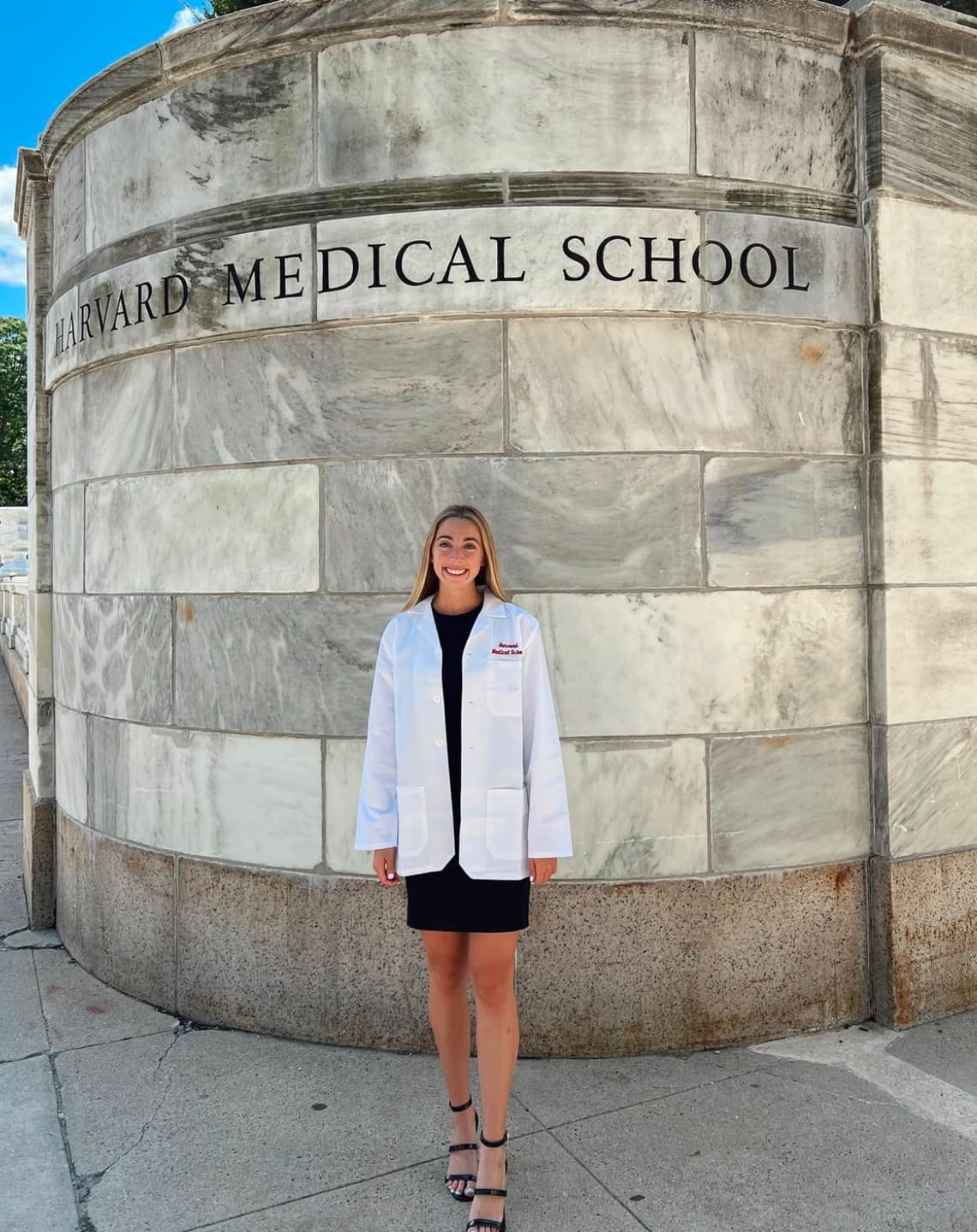Transplant Surgeon
Professor at Humanitas University
Rozzano, Italy
After completing my specialization in General Surgery, I moved to New York, where I began performing abdominal organ transplants at Mount Sinai Hospital. It wasn't the hospital's astonishing technology, the intense work pace, or the organization that caught my attention, but rather the approach to patients, the way doctors and patients communicated, and the centrality of the patient. Patients would arrive at the hospital with a stack of printed documents about their illness and would ask their doctors for detailed explanations. They would undergo various consultations across the country, comparing the results offered by different surgeons or hospitals for their issues, assessing the best option for themselves and the most suitable treatment. Initially, the patients seemed somewhat aggressive to me, until I got used to this approach. I was expected to tell some patients that their life expectancy was only a few months and that the only available treatments were palliative. It was very hard for me. It was incredible how strong I felt when, for example, I was able to procure an organ from a young donor, and how weak I felt looking into the eyes of my patient while dealing with their, and also my own, emotional aspects.
The doctor-patient relationship has undergone a profound evolution in recent decades, shifting from an approach based on paternalistic benevolence to one that places the patient at the center of the relationship, with the patient having acquired a less passive role and the power of self-determination. I am sure that these non-technical aspects and skills should be taught and implemented from the early years of medical school, as they are vital not only for our patients but also for our integrity as medical doctors.
